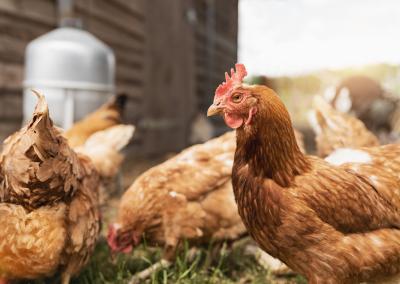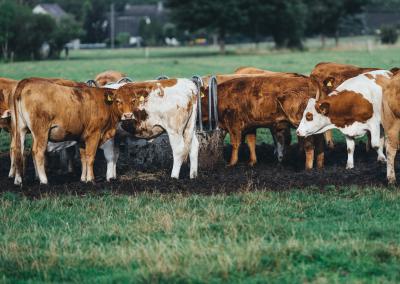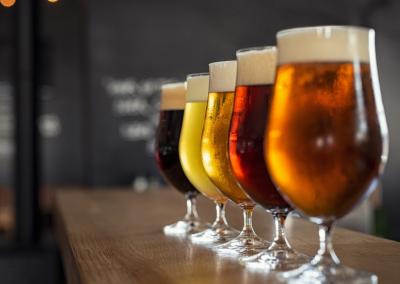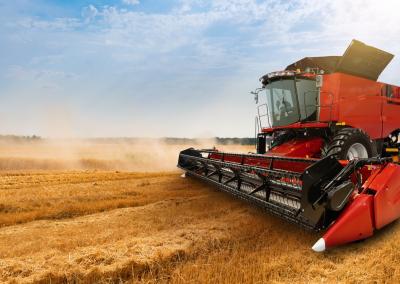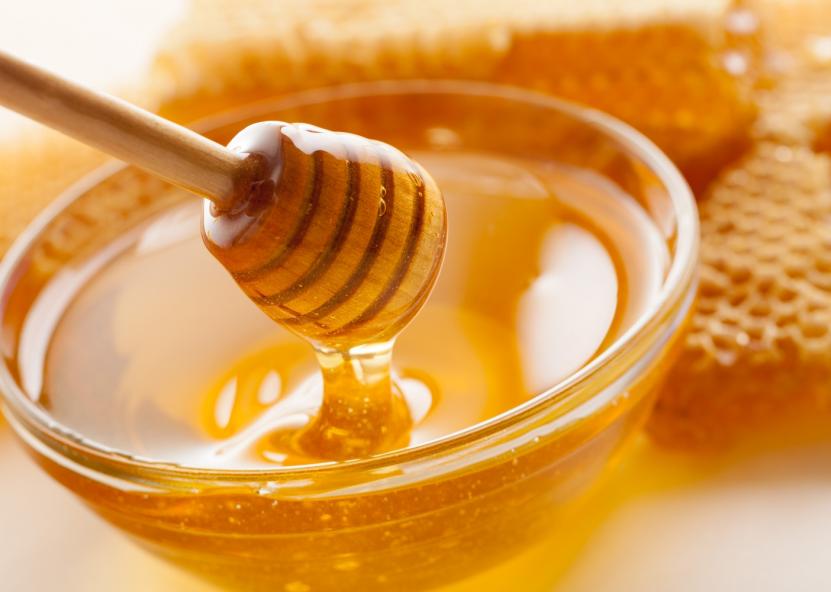What is this year like for beekeepers and how much do we pay for honey?
Spring honey has already been tasted and sold, or is sitting on the shelves waiting for winter, while summer herbs still lure bees. We ask beekeepers in the region what the second season is like for beekeepers and what the harvest will be like all year round.
It was a good climb
, "It is difficult to say yet. We have to count the chickens in autumn," says Ardavičius.
However, the beekeeper says he expects an average harvest, which is neither very good nor bad. The spring harvest was pretty good. In the autumn, he will calculate an average: how much honey has been extracted from the hive on average this season. It is the average that needs to be looked at, not how much honey each colony brings in individually. 'One hive will produce and another may not. So one colony will have more and the other will have less," the beekeeper shares his observations.
This year has also been a good winter for the apiary. There was no loss, so the beekeeper does not scare his customers away. He says he has kept his honey prices the same at €4 per kilo. That was the price last year, and that is the price this year too.
Nectre has dried up nectar
Diana Tamašauskienė, a local woman who discovered and became fascinated with beekeeping 40 years ago, says the heat has dried up the nectar from the flowers and the bees simply cannot find it. Plants need moisture to produce nectar, and there is not enough moisture, and the heat is intense.
"The nectaries of most plants are open and the nectar evaporates very quickly," says D. Tamašauskienė, who keeps apiaries in her home village of Gudžiūnai.
Honey yields have not suffered much, as the bees have accumulated more honeydew due to the weather conditions. Gluten is a sweet liquid that drops on leaves or other green parts of the plant in dry, hot weather, but it is not nectar. Beekeepers say honeydew honey takes longer to set, is darker in colour and contains a variety of minerals and is rich in natural potassium and sodium salts.
"The bees have collected a lot of honeydew and it is very nice," says the beekeeper.She mentions that there was one more exceptional thing about this year's honeymoon. "The July blossom was very favourable. It is very rare to have such a bloom, when the bees can collect very pure, unmixed honey from the linden blossom," she says happily.
Increasing competitionWhen asked about the price, she says that beekeepers are not worried and do not raise their prices, but are happy that it is at least the same as last year for now. It turns out that a lot of imported honey has appeared on the market. A lot of it is coming from China and Ukraine. The price of honey is therefore falling. Beekeepers are worried about this and are hoping very much that the price of honey will stay the same and not fall in any way. The price of honey may be one thing at the market, but it is a little different in the market, and in the big cities people buy even more expensive honey. This year, the normal price of honey, depending on the type, is €5–6 per kilo.
"Honey production is a gift from God and cannot be given away cheaply at all," Tamašauskienė said. Natural honey is classified according to its botanical origin into blossom honey, honeydew honey and mixed honey.
The nectar of the flowers of flowering plants – is the main raw material for honey. The honeydew is a sweet liquid that drops on the leaves or other green parts of the plant in dry and hot weather and when processed by bees also becomes honey.

